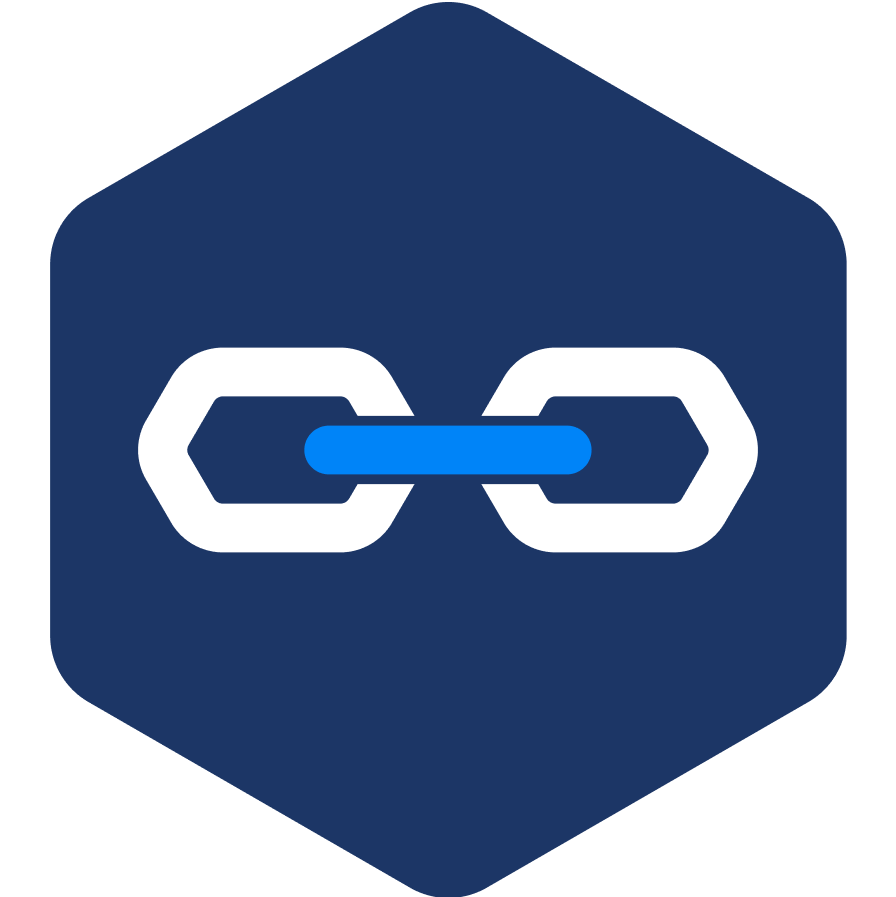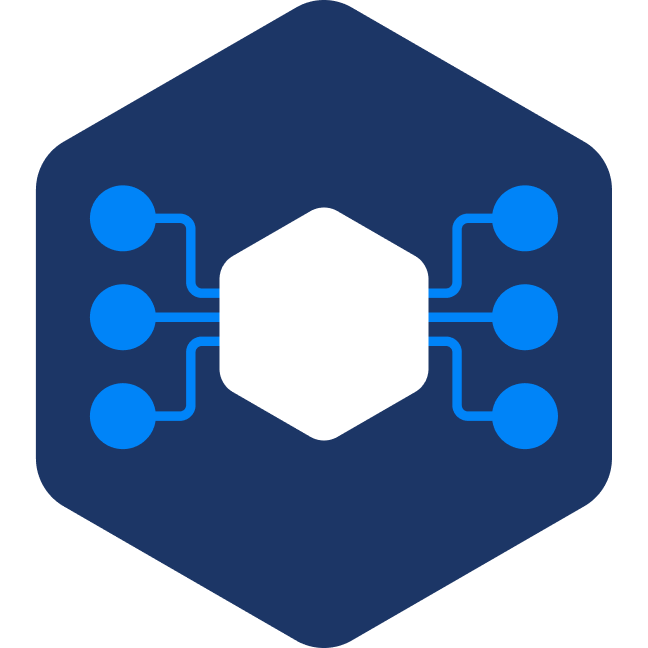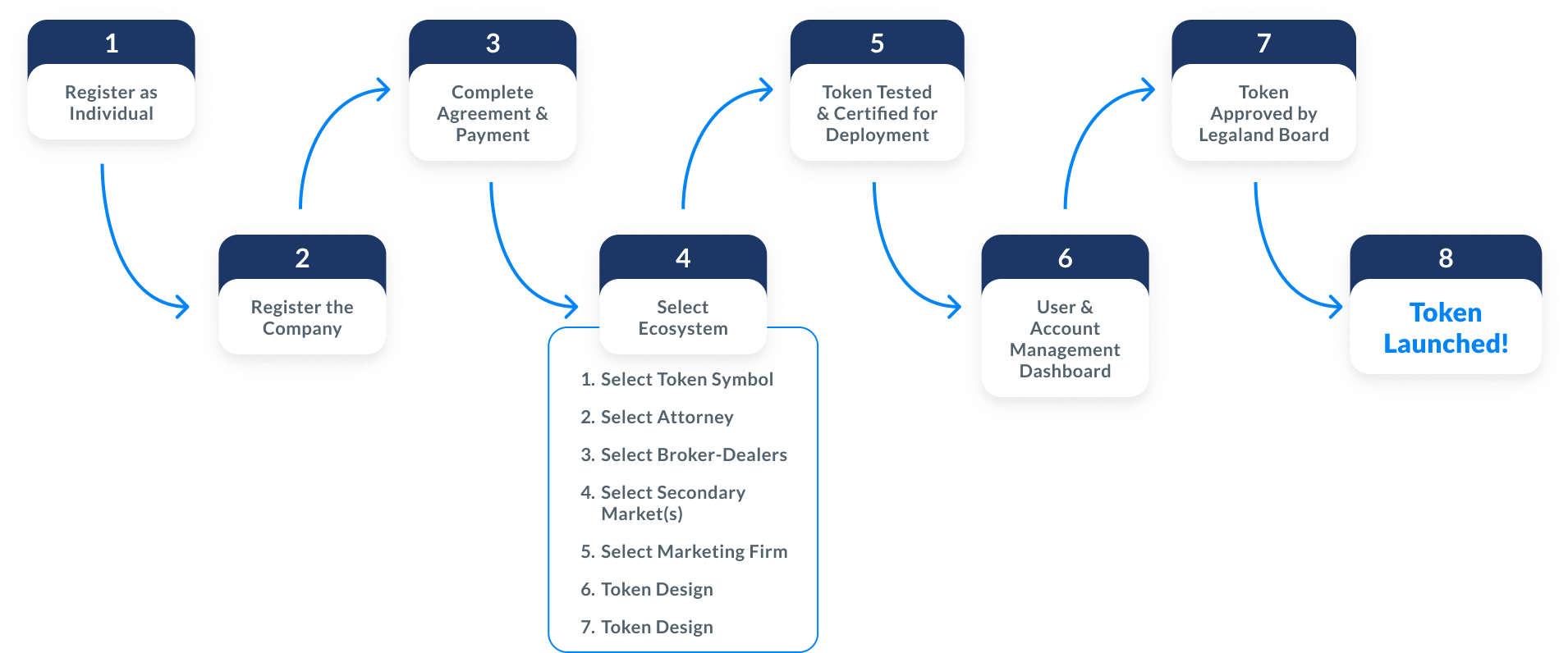
About KoreChain
The KoreChain is a private & permissioned blockchain built on Hyperledger Fabric, goes beyond the usual blockchain capabilities such as distributed ledger, cryptography, and consensus.
It consists of 40 capabilities in seven layers, from the ‘bare-metal’ blockchain infrastructure to ecosystem management to functional capabilities.
Essential Characteristics
of KoreChain
Decoupled from cryptocurrency
Includes support for the entire ecosystem of participants in private securities
Validations and consensus is flexible, adaptive, and dynamic in real-time
KoreContracts are based on legal foundations and have true intelligence (i.e., they are true ‘smart contracts’)
Includes artificial intelligence/machine learning for design, contract execution, governance, risk management, and data analysis
Completely focused on the issuance, trading, and lifecycle management of fully-compliant tokenized securities in global private capital markets
Safety and security are paramount; includes multiple moats for security and hosted on Level 4 of NIST’s FIPS 140-2 servers (the highest level of security)
Advantages
of KoreChain
Highly secure with recourse to resolving faulty transactions
No forking or hijacking the chain
Less attractive to crypto-thieves and bad actors (since it is not tied to cryptocurrency)
No economic waste and no environmental impact (since there is no PoW mining)
Economics of securities transactions is not commingled with cryptocurrency economics
High performance of several thousand transactions per second
Modular architecture for pluggable cryptography, consensus, and data store. Channels for secure and private transactions

KoreContract
A KoreContract is a specification of any legal contract that includes identifiable parties, legal intent, and mutual consideration. It is implemented as an automated process. It enables the representation of various types of contracts such as securities, warrants, bonds, options, directors’ resolutions, NDAs, loans, etc.
A KoreContract contains those features that are common to all contracts, such as type of contract, parties to the contract, applicable dates, jurisdictions (for performance and arbitration), triggers, and various terms and conditions. The KoreContract specification consists of the public interface layer, business layer, process layer, and governance layer.
In particular, the process layer ensures that the KoreContract can be managed throughout the lifecycle of the contract and not just for point-of-time transactions.

KoreProtocol
The KoreProtocol specification and protocol includes a comprehensive set of factors in the design of the KoreProtocol. Securities regulation, corporate actions, and shareholder rights differ by jurisdiction. The KoreProtocol design provides maximum flexibility by taking into consideration factors such as jurisdictions of Issuer, exemptions, investor accreditation and verification, investor suitability and risk profiling, legal and accounting requirements, reporting and disclosure, trading, transfer, blue sky laws, exit, rights, dividend, revenue share, royalty, warrants, beneficiaries, and custodianship.

The Public Interface Layer defines how external parties or other KoreContracts can interact with or query this KoreContract, and contains functionality for data access rights and security.
The Business Layer contains all information about the instrument, such as its type (security, warrant, option, bond, etc.), owner's information, jurisdictions, exemptions, dates, rights, disclosures, reporting, events, exits, and terms and conditions.
The Process Layer contains information about use case protocol for conducting individual transactions as well as managing the complete end-to-end lifecycle of the KoreTokens.
The Governance Layer handles risk management, compliance, and audit checks. It contains functionality for state-change validation, safety & intervention (such as diable, stop, shutdown, restore, restarts, etc.), communication, notification and reporting.
The KoreToken Contract is the fundamental template, derived from the KoreContract and from which all KoreTokens are issued. Each issuer has their on KoreTokenContract.
The KoreChain is the total blockchain infrastructure for KoreConX.
The KoreChain is a private & permissioned blockchain built on Hyperledger Fabric, goes beyond the usual blockchain capabilities such as distributed ledger, cryptography, and consensus.
Benefits of KoreProtocol for the Ecosystem Stakeholders
For Issuers, the KoreProtocol meets all regulatory requirements in the jurisdictions in which Issuer is located and in which Issuer wishes to sell or offer the tokenized securities. The KoreProtocol supports not only the Issuance but also the continued custodianship, trading, and other operational management of the tokenized securities.
Getting Started Process






